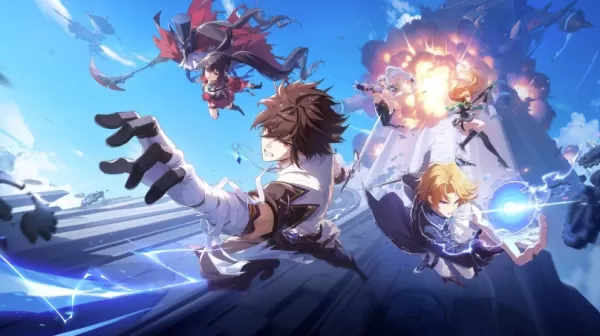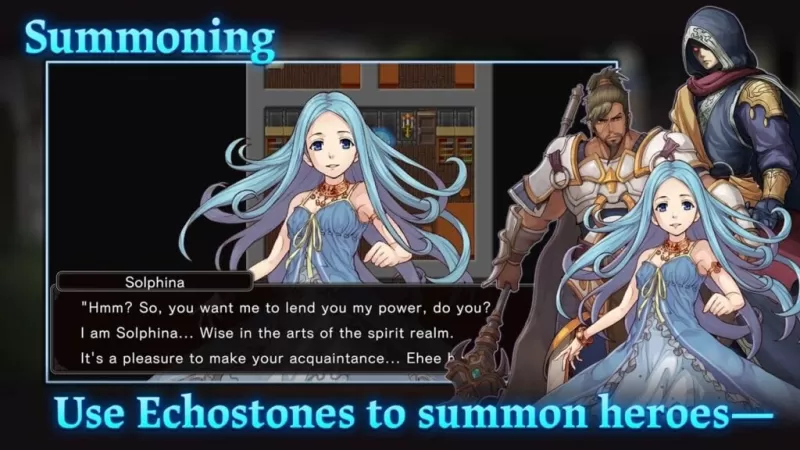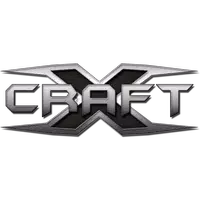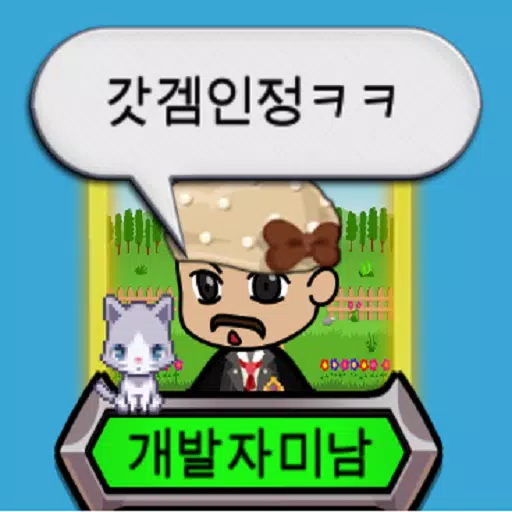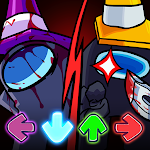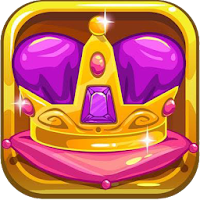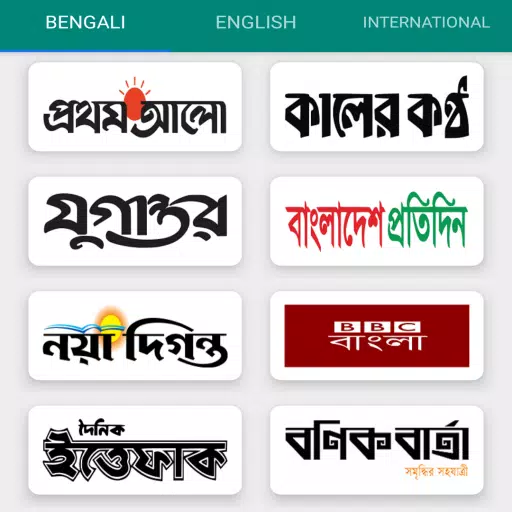At the Game Developers Conference (GDC) last month, we had an in-depth conversation with John “Bucky” Buckley, the communications director and publishing manager for Palworld developer Pocketpair. This followed his insightful talk at the conference, 'Community Management Summit: A Palworld Roller Coaster: Surviving the Drop,' where he openly discussed the challenges Palworld faced, including accusations of using generative AI and copying Pokemon's models for its Pals. Buckley also touched on Nintendo's patent infringement lawsuit against the studio, expressing that it was a surprising development for Pocketpair.
Given the wealth of insights Buckley provided on Pocketpair's community experiences, we've decided to share the full extended interview here. For those interested in shorter, more focused segments, you can find Buckley's thoughts on the potential release of Palworld on the Nintendo Switch 2, the studio's response to being labeled "Pokemon with guns," and the possibility of Pocketpair being acquired at the provided links.
This interview has been lightly edited for clarity:
IGN: I'm going to start with the question you can't fully answer due to the lawsuit. In your GDC talk, you mentioned it briefly. Has the lawsuit impacted Pocketpair's ability to update and move forward with the game?
John Buckley: The lawsuit hasn't made it harder to update the game or move forward with development. It's more of a constant presence that affects the company's morale. It's something that's always on our minds, but it hasn't hindered the game's development. Of course, it's led to hiring lawyers, but that's primarily handled by our top management. It's mostly morale that's been affected.
IGN: Let's dive into your talk's opening. You mentioned the "Pokemon with guns" moniker, and it seemed you weren't thrilled about it. Why is that?
Buckley: Many assume that "Pokemon with guns" was our goal from the start, but it wasn't. Our vision was more aligned with ARK: Survival Evolved, with a focus on automation and unique personalities for each creature. We're big fans of ARK, and our previous game, Craftopia, drew inspiration from it. When we released our first trailer, the "Pokemon with guns" label emerged, and while it wasn't our preference, it's what stuck.
IGN: You mentioned in your talk that you couldn't explain why Palworld became so popular. Was the "Pokemon with guns" label a significant factor?
Buckley: Definitely, that label played a big role. It sparked a lot of attention, including from Dave Oshry, who trademarked Pokemonwithguns.com. We understand why it fueled the fire, but it's frustrating when people believe that's all the game is without playing it. We'd prefer if everyone gave it a chance first.
IGN: If you could choose a different moniker, what would it be?
Buckley: I might have called it "Palworld: It's kind of like ARK if ARK met Factorio and Happy Tree Friends." It's not as catchy, but it better reflects our vision.
IGN: You also addressed the criticism that Palworld used AI-generated art. How did this impact your team?
Buckley: It was a massive blow, especially for our artists. The accusations were baseless, and it's still upsetting, particularly for our Pal concept artists who've been with us from the start. We released an art book to counter these claims, but it didn't have the impact we hoped for. Many of our artists, especially our female artists in Japan, prefer to stay out of the public eye, making it harder to refute these claims effectively.
IGN: With the industry's ongoing conversation about generative AI, how do you respond to accusations that your art is AI-generated?
Buckley: A lot of the criticism stems from comments our CEO made years ago, which were misinterpreted. Additionally, a game we developed called AI: Art Imposter, meant as a humorous social deduction game, was seen by some as a declaration of our love for AI art, which it wasn't. It's frustrating because these misconceptions persist.
IGN: What's your view on the state of online gaming communities and the role of social media?
Buckley: Social media is crucial for us, especially since our games are popular in Asia where it's deeply integrated into daily life. Online gaming communities can be intense, and people often get swept up in emotions. While we can handle some criticism, the death threats we've received are illogical and hard to understand. We're constantly working on the game, and it's frustrating when players don't recognize that.
IGN: Do you think social media is getting worse?
Buckley: There's a trend where some people say the opposite of popular opinion just to get reactions. Luckily, Palworld has mostly avoided political and social controversies, and we mainly receive feedback about game issues.
IGN: You mentioned that the majority of the criticism came from the Western audience. Why do you think that was?
Buckley: We're a divisive company in Japan, but we focus on the overseas market with a Japanese flair. Maybe it was easier to target us at the time, but the heat has simmered down. The death threats we received were mostly in English, not from Japan or China.
Palworld Screens
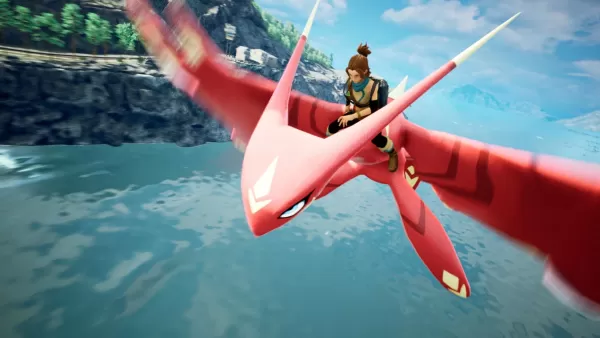
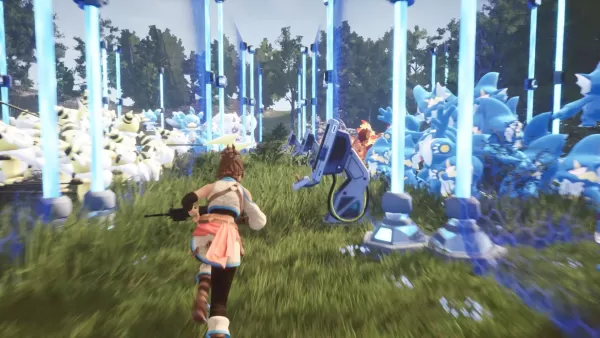 17 Images
17 Images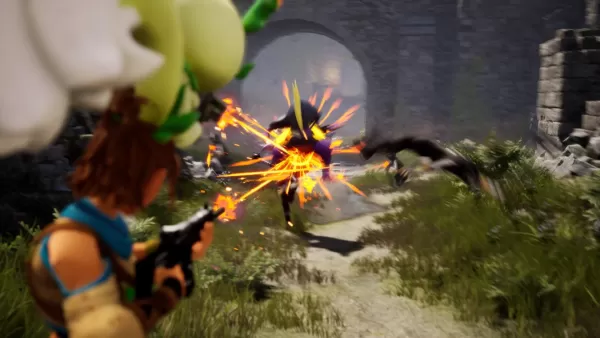
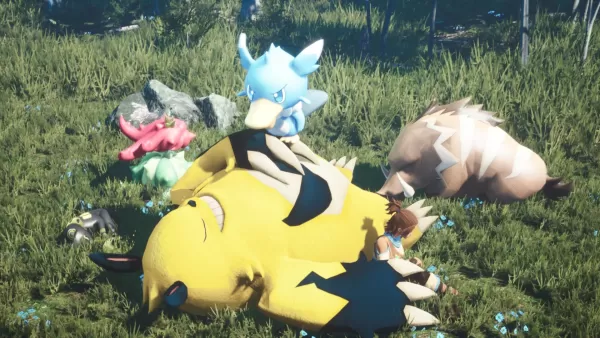
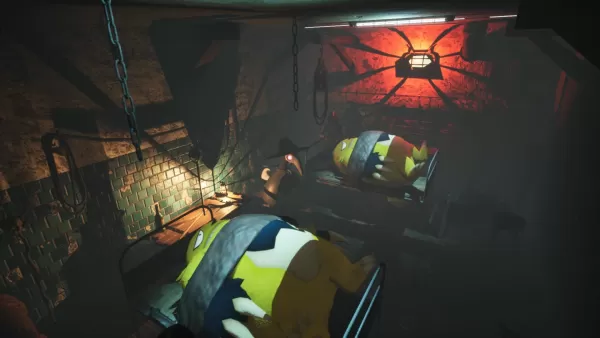
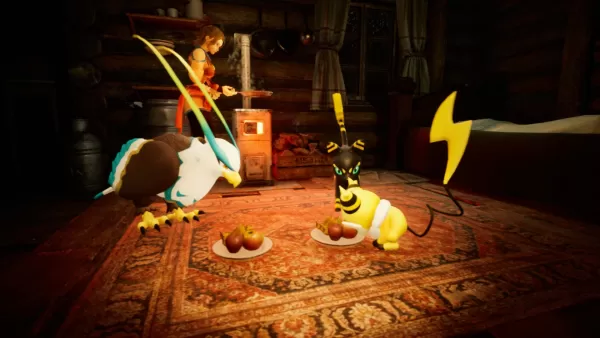
IGN: Given Palworld's unexpected success, has it changed how the studio operates or its future plans?
Buckley: It's changed our future plans, but not the studio's core operations. We're hiring more developers and artists to speed up development, but our company culture remains the same. Our CEO wants to keep the team small, around 70 people, and avoid growing into the hundreds.
IGN: You mentioned the community team didn't grow. Did other parts of the studio expand?
Buckley: Yes, our server team has grown, and we're always hiring more developers and artists to improve development speed. The success of Palworld was unexpected, and it's been surreal to see the numbers on Steam.
IGN: Do you see Palworld being supported for a long time?
Buckley: Absolutely, Palworld isn't going anywhere. We're not sure what form it will take, but we'll continue to support it while also working on other projects like Craftopia. Palworld has split into the game and the IP, which are taking different paths.
IGN: You mentioned a partnership that was misunderstood. Can you clarify?
Buckley: People often assume we're owned by Sony because of our partnership, but that's not the case. Our CEO would never allow the studio to be acquired; he values his independence too much.
IGN: Do you see competition with Pokemon, given their frequent releases and your game's success?
Buckley: I don't think our audiences overlap much, and our game systems are very different. We don't see Pokemon as competition; we're more focused on other survival games like Nightingale and Enshrouded. Competition in gaming is often manufactured for marketing, and we're more concerned with timing our releases.
IGN: Would you consider releasing Palworld on the Switch or Switch 2?
Buckley: We'd love to if the hardware could support it. We've optimized for Steam Deck, and if the Switch 2 has the necessary specs, we'd definitely consider it.
IGN: What's your message to those who misunderstand Palworld?
Buckley: I think many who know Palworld only through the news and drama misunderstand what it's about. I encourage them to play it. We're considering a demo to give people a chance to experience it firsthand. We're not the seedy company some believe us to be; we're just trying to protect our team while making great games.
IGN: You mentioned last year was crazy for games. How do you reflect on that?
Buckley: Last year was unprecedented with games like Palworld, Helldivers 2, and Black Myth: Wukong hitting incredible numbers. It was a whirlwind, and emotions were running high. We're a nice little company, and we hope to continue doing well in this exciting industry.


